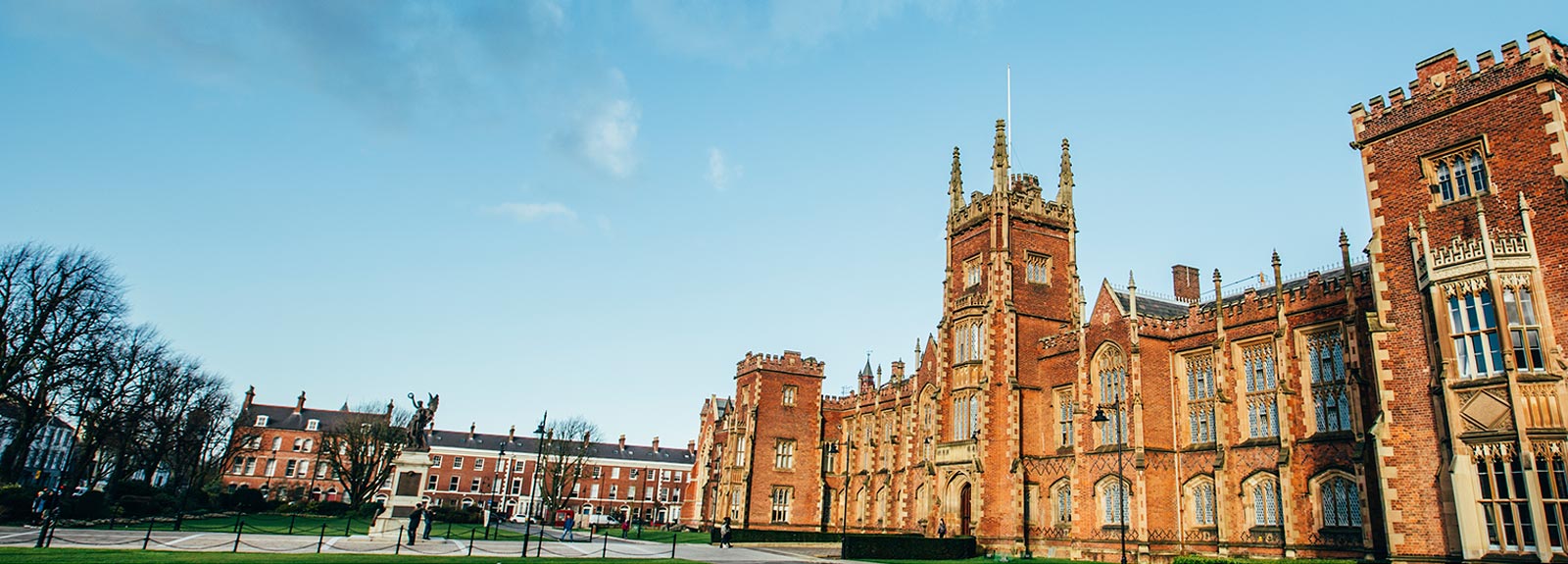Peace Journalism and Reconciliation in Post-Conflict Societies
Excerpted from “Peace Journalism Principles and Practice” (Routledge/Taylor and Francis Books, to be published in the fall of 2016)

In post-conflict societies, the difficult process of putting the pieces back together again has many elements, including reconciliation. Reconciliation is building or rebuilding relationships between former opposing parties or adversaries.
Among experts, there’s no debate about the vital role media can play in reconciliation, or that irresponsible reporting can retard reconciliation. In a U.S. Agency for International Development (USAID) report, the need to bring media into the reconciliation process is underscored.
“The premise is that such a strategy can promote social reconciliation in several ways. It helps dissipate the rumors and propaganda disseminated by extremists, which feed social and political tensions. It also creates a space for articulating diverse viewpoints, approaches, and opinions. Above all, it contributes to both transparency and accountability in public affairs, exerting pressure on political and social leaders to behave in a responsible way...”i
As peace media, we can play a vital role in encouraging reconciliation processes by
“(The) creation of safe spaces in the form of newspaper supplements, (holding) web discussions and public forums like town hall meetings …promoting ethnic diversity in the newsroom and in all output and programming, reporting human interest stories… (and) creating new content that is geared towards reconciliation (esp. programs for children and youth.”ii
Whether they label it peace journalism or not, responsible journalists worldwide have begun to embrace the notion that their reporting can create conditions where reconciliation, and thus positive, lasting peace, becomes possible.
i. Krishna Kumar, “Promoting Social Reconciliation In Postconflict Societies Selected Lessons From USAID’s Experience,” USAID Programs and Operation Assessment Report No. 24, January, 1999, http://www.oecd.org/derec/unitedstates/35112635.pdf, 4.
ii. Ross Howard, “Conflict Sensitive Journalism-Special Edition, Rwanda,” International Media Support, 2008, http://www.mediasupport.org/wp-content/uploads/2012/11/ims-csj-handbook-rwanda-2008.pdf, 9.
Steve Youngblood
Associate Professor
Park University - Parkville Campus
School of Arts and Humanities
Steven Youngblood
Center for Global Peace Journalism
